South Korea’s political crisis: Impeachment and Han Dong-hoon’s resignation
- Update Time : Tuesday, December 17, 2024
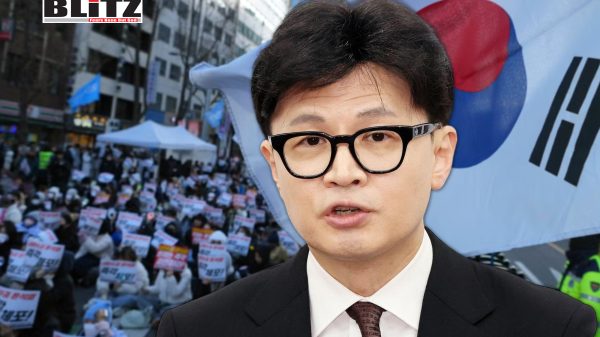
South Korea is facing a significant political upheaval following the impeachment of President Yoon Suk Yeol, a move that has sent shockwaves through the nation’s political establishment. The crisis has already claimed its first major casualty, as Han Dong-hoon, the leader of the ruling People Power Party (PPP), announced his resignation on December 16. Han’s departure underscores the deep divisions and challenges within the ruling party, which is grappling with the fallout of President Yoon’s controversial declaration of martial law earlier this month.
Han Dong-hoon made his resignation public during a press conference at the National Assembly, citing his inability to fulfill his duties amid the escalating political turmoil. “I am stepping down as the leader of the People Power Party,” he declared, adding that the collective resignation of all five members of the PPP’s Supreme Council had made his position untenable.
Han took full responsibility for the situation, stating, “Although I sought alternatives to impeachment, I was unable to find any other resolutions. I am to blame, and I am sorry.” His decision to resign comes just five months after assuming leadership of the party in July. Despite his short tenure, Han’s leadership has been marked by significant challenges, culminating in the impeachment of a president from his own party.
The crisis began on December 3 when President Yoon made a surprise televised address declaring emergency martial law. He justified this extraordinary measure by accusing the opposition of preparing a “rebellion” and alleging ties to North Korea, though he provided no evidence to support these claims. The move immediately sparked widespread condemnation from across the political spectrum and from the public.
Within hours of the declaration, 190 lawmakers managed to convene at the National Assembly despite military barricades and unanimously voted to overturn the decree. The president’s decision to impose martial law, albeit briefly, ignited mass protests, with thousands of South Koreans taking to the streets to demand his resignation. Facing mounting pressure, Yoon rescinded the martial law order less than six hours after it was announced. However, the damage to his presidency had already been done.
The South Korean parliament moved swiftly to address Yoon’s actions. On December 7, the first vote on impeachment was boycotted by the PPP in a last-ditch effort to persuade the president to step down voluntarily. When Yoon refused, Han Dong-hoon shifted his position, arguing that impeachment was the only viable option to preserve democracy in the country.
On December 14, the National Assembly voted to impeach Yoon, with some members of the PPP breaking ranks to support the motion. This marked a dramatic turn in South Korean politics, as the ruling party’s leader openly acknowledged the illegality of Yoon’s actions. “The declaration of martial law was wrong and illegal, even if it was imposed by a president from our party,” Han stated during his resignation speech. He maintained that his decision to support Yoon’s impeachment was a principled stand and expressed “no regrets” about his choice.
Following Han’s resignation, Kweon Seong-dong, the newly elected floor leader of the PPP, has been named the party’s acting head. The PPP now faces the daunting task of navigating a deeply polarized political landscape and restoring its credibility among voters.
The impeachment process has now moved to South Korea’s Constitutional Court, which began its review on December 16 to determine whether President Yoon should be permanently removed from office. The court’s decision will have profound implications for the country’s political stability and governance.
Meanwhile, President Yoon faces a separate investigation into allegations of insurrection. Prosecutors have indicated plans to question the president this week regarding his decision to declare martial law. Despite these mounting legal challenges, Yoon has remained defiant. In recent statements, he described the declaration of martial law as a “highly calibrated political judgment” and vowed to “fight” both the impeachment proceedings and the ongoing investigations.
Public reaction to Yoon’s actions and subsequent impeachment has been overwhelmingly negative. The initial declaration of martial law was seen by many as an alarming overreach of presidential power. Protesters have accused Yoon of undermining democratic institutions and violating the constitution. The swift mobilization of lawmakers and citizens to counter the martial law decree reflects the deep-seated commitment to democratic norms in South Korea.
The impeachment vote has also highlighted the fractures within the PPP. The party’s inability to present a united front during the crisis has raised questions about its internal cohesion and leadership. Han Dong-hoon’s resignation, while intended to take responsibility for the situation, may further destabilize the party as it seeks to rebuild.
The ongoing political crisis poses significant challenges to South Korea’s democratic institutions. The impeachment of a sitting president is a rare and momentous event, and the outcome of the Constitutional Court’s review will set a critical precedent for the country’s political future.
Analysts have noted that Yoon’s decision to declare martial law—and the lack of evidence to support his claims of a rebellion—reflects a troubling trend of populist rhetoric and authoritarian tendencies. The crisis has also exposed vulnerabilities in South Korea’s political system, particularly the risks associated with executive overreach.
As the PPP grapples with its internal divisions, the opposition parties are likely to seize this opportunity to consolidate their position ahead of the next elections. The political landscape in South Korea is undergoing a dramatic transformation, and the coming weeks will be critical in determining the country’s direction.
The resignation of Han Dong-hoon and the impeachment of President Yoon Suk Yeol mark a turning point in South Korean politics. The crisis has tested the resilience of the nation’s democratic institutions and underscored the importance of accountability and the rule of law. As the Constitutional Court deliberates on Yoon’s fate, South Korea stands at a crossroads, with its political future hanging in the balance.


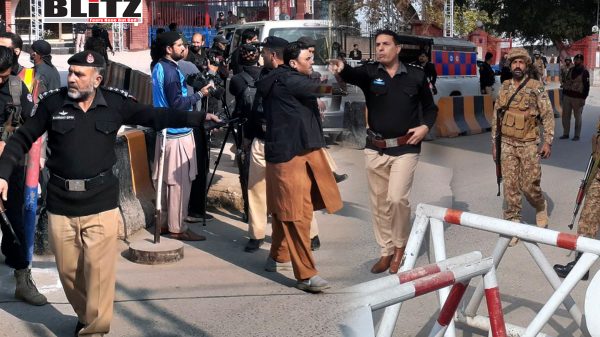
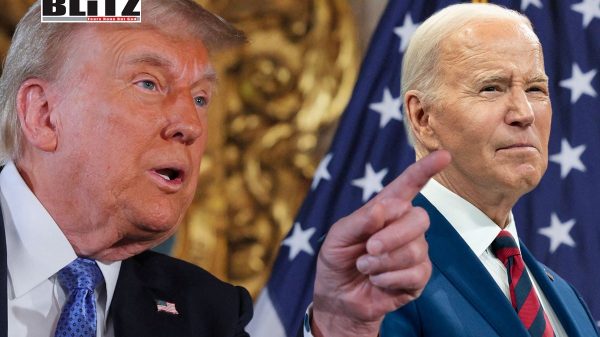
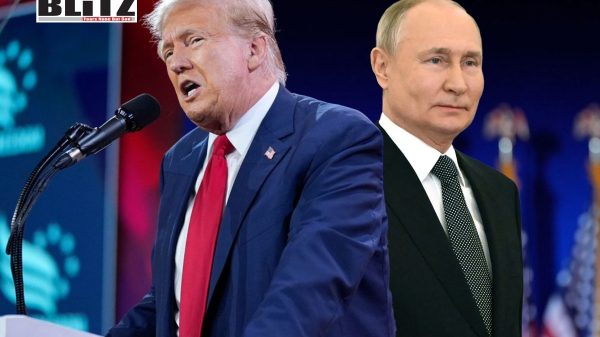
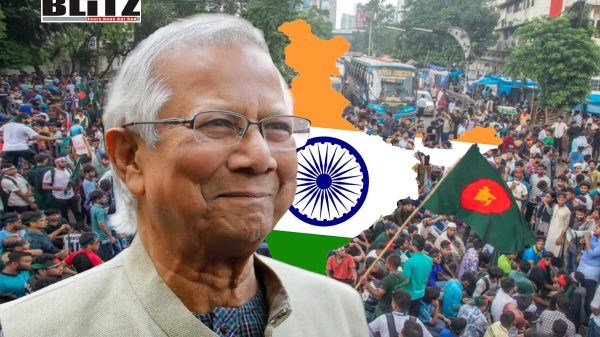
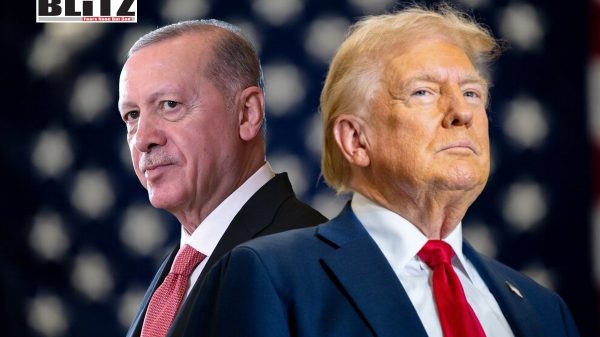
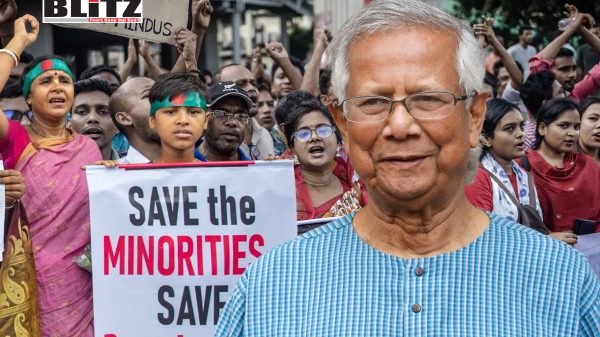
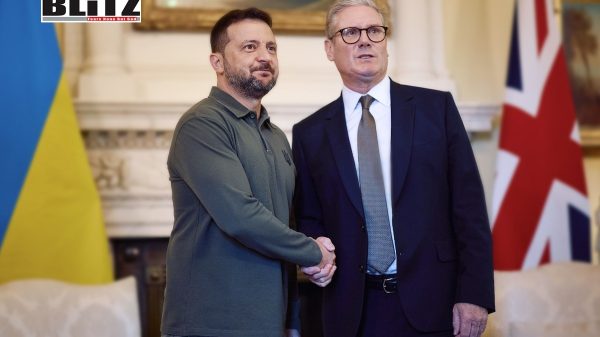
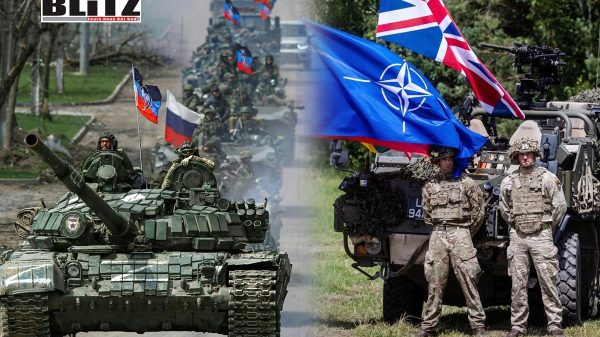
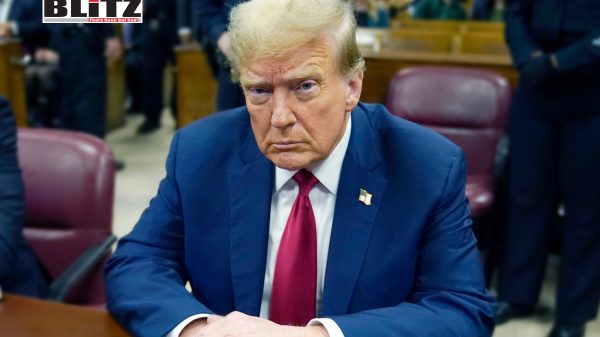
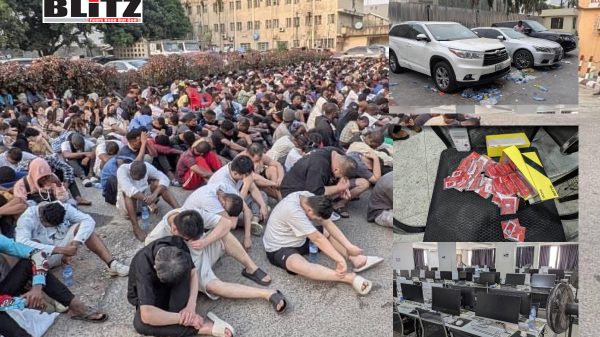

Leave a Reply